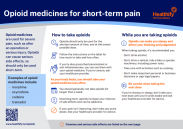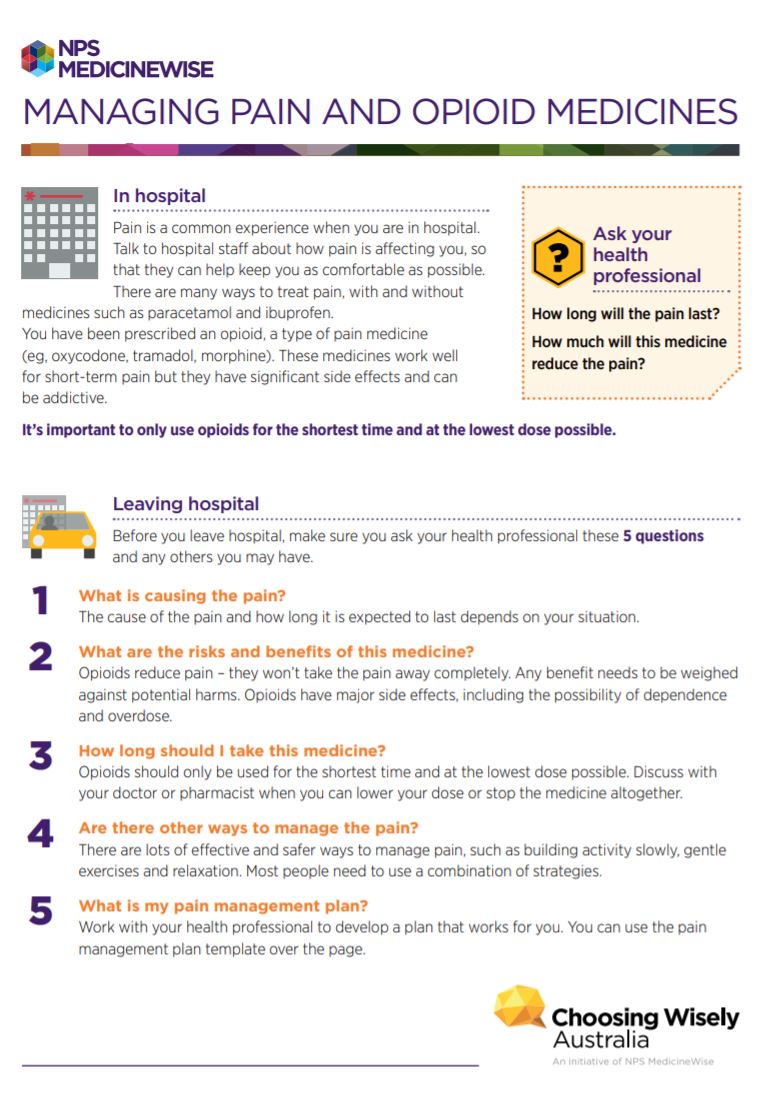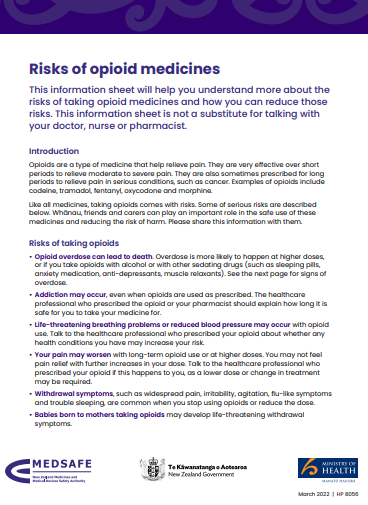Codeine is used for the relief of moderately severe pain, such as after an injury or operation. It's usually used when milder pain relief such as paracetamol or non-steroidal anti-inflammatories (NSAIDs) don’t work well enough.
- Codeine belongs to a group of medicines called opioids. They act on your brain and nervous system to reduce pain.
- Other pain relievers such as paracetamol and NSAIDs (ibuprofen, diclofenac, naproxen) may also be used with codeine.
- Read more about pain, pain-relief medication and opioid painkillers
Note: Codeine can also be used to treat dry cough and diarrhoea.









